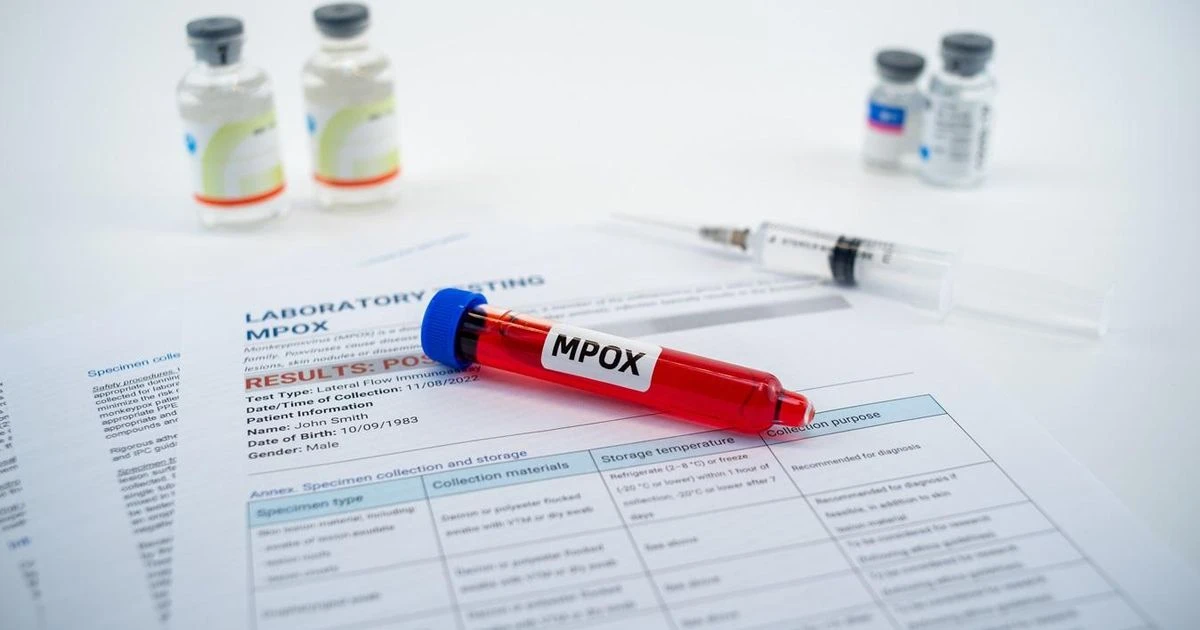The World Health Organization (WHO) has issued a warning regarding a significant rise in Mpox cases, with a total of 2,862 cases and 17 deaths reported across 17 African nations in just six weeks. This alarming increase accompanies the emergence of a new strain, identified as clade Ib, which has been detected in Europe and the United States, raising concerns about local transmission.
The WHO highlighted that the latest data shows a marked escalation in Mpox infections. In the past few weeks, health officials have observed not only the spread of the disease but also the potential for community transmission in previously unaffected regions. The organization is urging nations to be vigilant and proactive in their response to this evolving situation.
New Strain Triggers Global Concerns
The emergence of the clade Ib strain has intensified the urgency for public health responses worldwide. While Mpox has been primarily associated with certain areas in Africa, the recent cases in Europe and the United States signal a shift that could complicate containment efforts. The WHO indicates that the strain has shown signs of adaptability, which could pose challenges to current preventive measures.
Health experts are particularly concerned about the implications of local transmission. As the virus spreads beyond its traditional borders, the risk of larger outbreaks increases. The WHO is calling on countries to strengthen their surveillance systems and to ensure that healthcare workers are informed and equipped to handle potential cases.
Impact on Public Health Strategies
In light of these developments, public health strategies are being reassessed. Authorities are focusing on increasing awareness about Mpox symptoms, which include fever, body aches, and rashes. The WHO has recommended that countries enhance their communication efforts to educate the public on prevention measures, particularly in areas where the new strain has been reported.
As nations grapple with the resurgence of Mpox, the WHO emphasizes the importance of international cooperation. The organization is working closely with member states to share data, resources, and best practices for managing the outbreak. Collaborative efforts are crucial in mitigating the impact of this disease and safeguarding public health.
The situation remains dynamic, and the WHO continues to monitor the spread of Mpox closely. As further information becomes available, updates will be provided to ensure that nations remain informed and prepared to respond effectively to this health threat.





































































